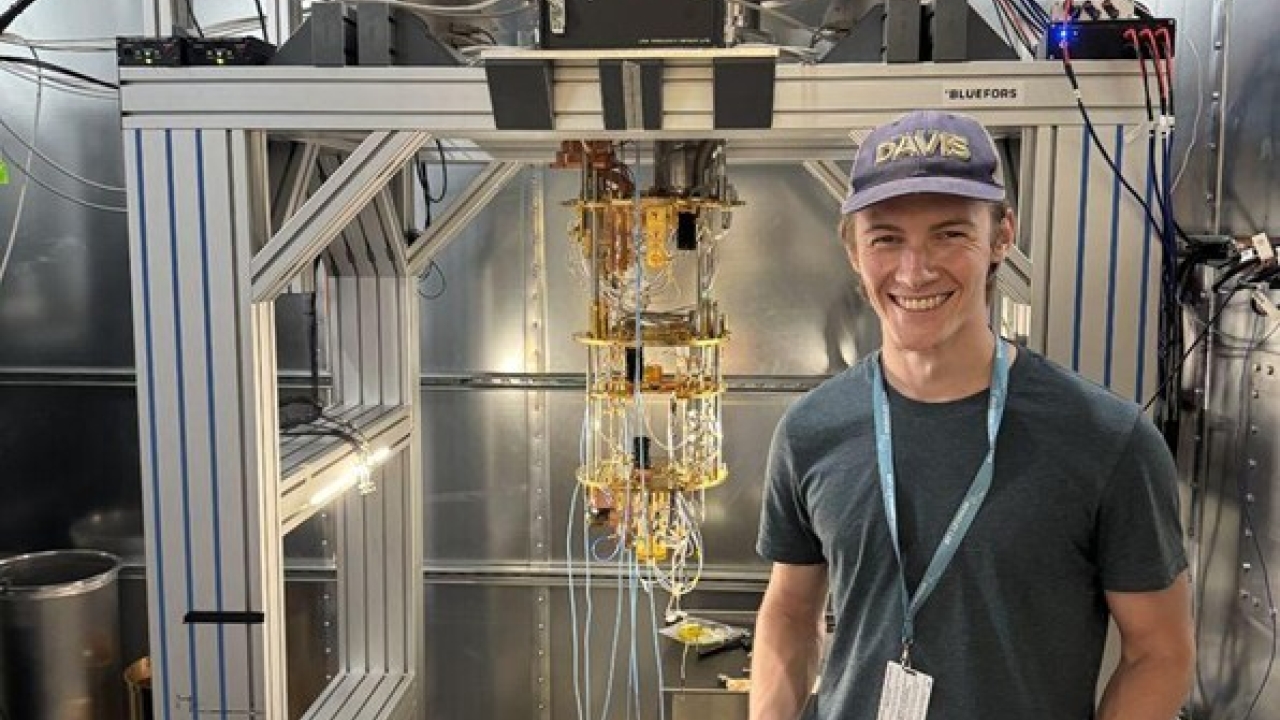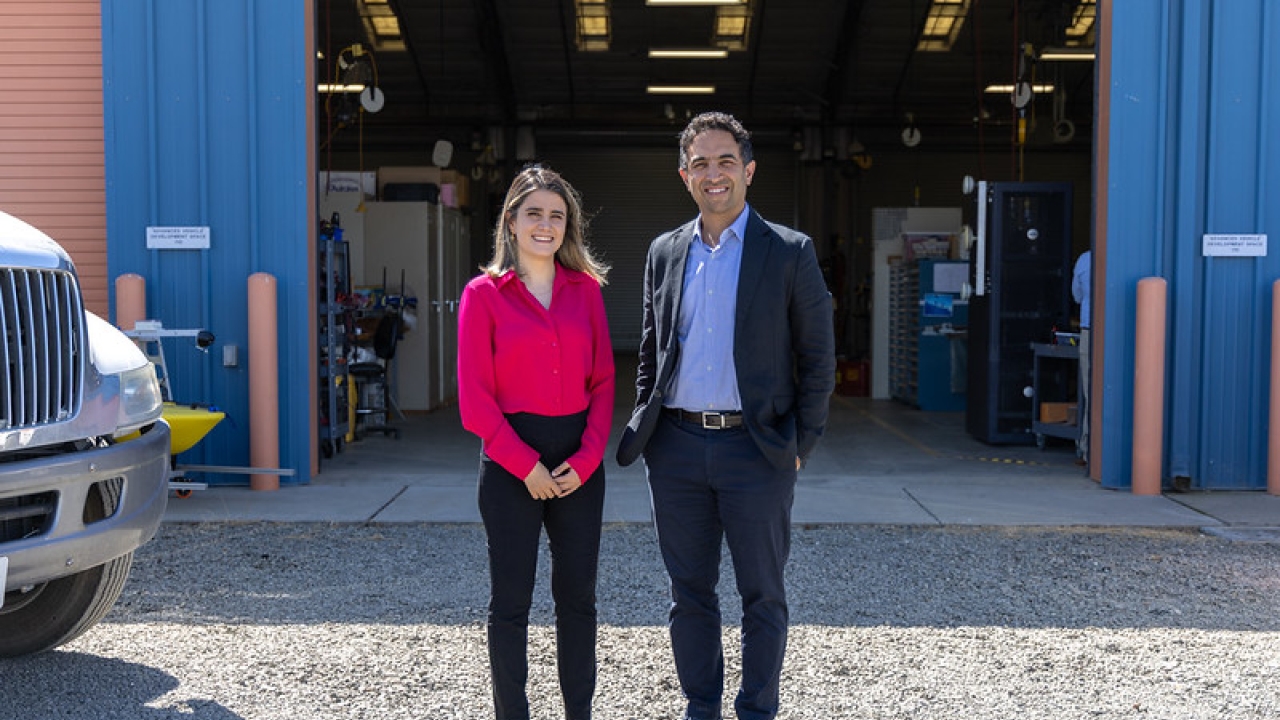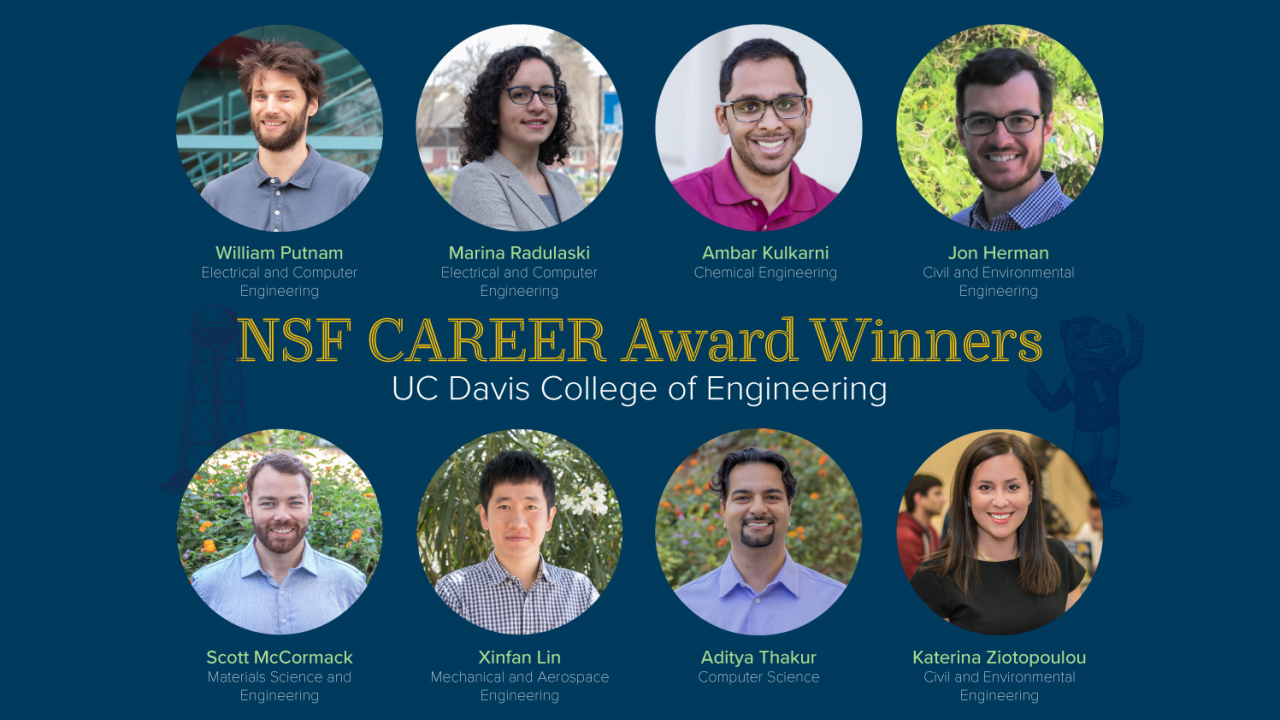
Breaking Records: Eight College of Engineering Faculty Receive NSF CAREER Awards
Eight College of Engineering assistant professors received National Science Foundation (NSF) Faculty Early Career Development Program (CAREER) awards this year, setting a college record and helping UC Davis lead the nation.
The CAREER Award is the NSF’s most prestigious honor for early-career researchers, recognizing faculty with the potential to serve as role models in research, teaching, service and leadership. These awards fund projects that should serve as the foundation for the rest of a faculty member’s career. The recipients and a summary of their award-winning projects are listed below:
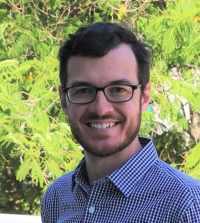
Jon Herman, Civil and Environmental Engineering
“Dynamic Adaptation of Water Resources Systems to Navigate Uncertain Hydrologic and Human Stressors”
As the climate changes, water resources infrastructure and management is key to sustainability. Adapting to increasing hydrologic variability and human stressors is necessary to remain sustainable, but this is challenging in the face of uncertainties such as extreme floods, droughts and human land use. Herman will help communities and ecosystems remain resilient through adaptive planning through uncertainty by advancing the fundamental understanding of stressors facing water resource systems.
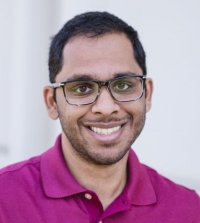
Ambar Kulkarni, Chemical Engineering
“Designing Three-Dimensional Active Site Environments in Metal-Organic Frameworks for Oxygen Electrochemistry”
Kulkarni’s project aims to design better and cheaper metal-organic frameworks (MOFs) for fuel cells applications. MOFs are a popular porous catalyst for the oxygen reduction reaction, but they’re currently made with platinum-based alloys, which are expensive and difficult to scale for mass production. In collaboration with his experimental colleagues, Kulkarni will use his expertise in multi-scale molecular modeling to test new combinations of materials to design more inexpensive and effective MOF catalysts. Learn more.
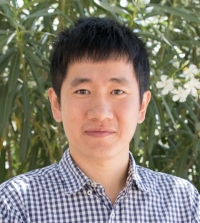
Xinfan Lin, Mechanical and Aerospace Engineering
“Active Learning of Second-Life Battery Systems by Combining Reinforcement Learning Principles and Device Physics”
Lin will develop an active learning framework that can read current and voltage data and quickly tell users vital information about a second-life electric vehicle (EV) battery’s health, such as capacity, lithium diffusion rate and how well it can accommodate the flow of lithium ions. After electric vehicle (EV) batteries are “retired,” they are sometimes given a second life in lower-power systems that store solar and wind energy. EV batteries are retired with different capacities, or may have been damaged or degraded in their first lives, so they need to be evaluated before they’re put back into service. Lin’s framework will help researchers develop second-life battery systems faster and accelerate the green energy revolution. Learn more.
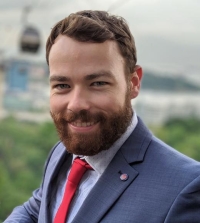
Scott McCormack, Materials Science and Engineering
“Computationally-Assisted Experimental Phase Diagrams”
Using a combination of computation and experiments, McCormack will address the lack of thermodynamic data for ultra-high temperature, multi-component materials in ceramic engineering. Not as much is known about how these materials behave, since collecting data at temperatures as high as 4000°C is challenging. McCormack’s solution is to develop phase diagrams for these materials, through an algorithm that identifies regions with the highest uncertainty and then fills them in with accurate experimental data. Understanding these materials’ behavior is the first step toward using them in materials systems for spacecraft, hypersonics and nuclear reactors. Learn more.
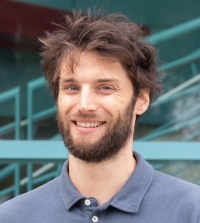
William Putnam, Electrical and Computer Engineering
“Chip-Scale, Field-Resolved Detection of Mid-Infrared Light”
Putnam plans to improve the resolution and capabilities of infrared spectroscopy by leveraging developments in ultrafast lasers and nonlinear optics. Infrared spectroscopy is widely used to probe molecular composition and is used in everything from early disease detection to environmental monitoring. Putnam will improve the capabilities of these techniques by using ultrafast lasers to sample oscillating, infrared light waves in the time domain for high-speed “field resolved” detection of color combinations, known as absorption patterns. Learn more.
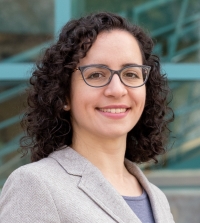
Marina Radulaski, Electrical and Computer Engineering
“Scalable Quantum Photonics based on Color Center Integration with Angle-Etched Silicon Carbide Devices”
Radulaski aims to improve quantum technologies by studying color centers, which are optically active defects in semiconductors. Integrating color centers into nanophotonic devices will make quantum hardware more effective and easier to scale, which is key to building an infrastructure for powerful computation and safe communication.She also plans to develop interactive quantum education software and organize outreach with local students to expand the pipeline of students in STEM. Learn more.
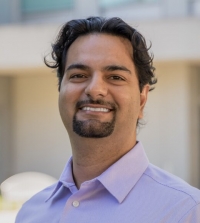
Aditya Thakur, Computer Science
“Provable Patching of Deep Neural Networks”
Thakur will develop techniques and tools to repair mistakes in deep neural networks (DNNs), a type of machine learning algorithm comprised of a vast, layered web of “neurons” that are trained using data to make complex, probability-based decisions. DNNs have been used for image recognition, natural language processing, medical diagnosis and autonomous cars, but as their complexity and size increases, so does the potential for a disastrous outcome. Thakur proposes provable patching as a solution, which involves making a minimal change to the parameters of a trained DNN to correct its behavior according to a given specification. Learn more.
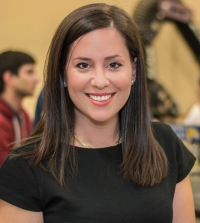
Katerina Ziotopoulou, Civil and Environmental Engineering
“Soil Liquefaction Evaluations at Multiple Scales: Reshaping Research, Training, and Education Through Physics-Guided Data Science”
Ziotopoulou’s project will investigate new approaches for learning from geotechnical data to inform the next generation of liquefaction evaluation tools. Liquefaction—where soil acts like a liquid—is a leading cause of earthquake damage worldwide, but data are difficult to collect because earthquakes are unique and rare and geosystems are complex and hard to sample. With experimental and field data becoming increasingly available, Ziotopoulou plans to accelerate discoveries in earthquake engineering through cutting-edge methods in data science and develop next-generation tools for reducing damage while increasing societal resilience.
This story was featured in the Spring 2021 issue of Engineering Progress.

